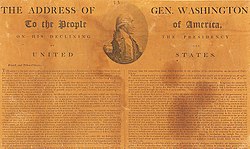 |
| Christopher Columbus looks scary! |
To a greater extent, Columbus is more a villain than a hero, due to this inhumane, cruel actions to the natives he encountered in his exploration of the new world. Being greedy, he was willing to do anything to achieve his means. This included cutting off the hands of Indian children that failed to collect gold for him. Actions such as this lead the Arawak population in the Bahama's to go as far as committing suicide, as the Indians saw death better than life under Columbus. Columbus also took native prisoners back to Spain, with conditions similar to the Middle Passage, with the Indians dying en route. It is clear that Columbus did not consider the natives he encountered "people", and very inferior, evident by his actions accounted for to this day. Although Indian mistreatment was common by many explorers around this time, it is still unacceptable to dehumanize one just for another's benefit. Thus, Columbus is a villain, who mistreated many during his active years of exploration

This reminds me of the Middle Passage, as both many Blacks and Indians died of the harsh travel across the Atlantic.


